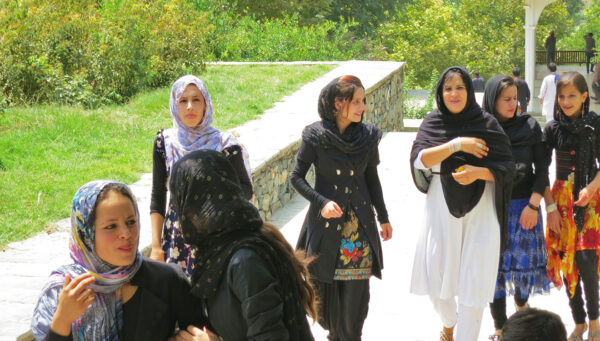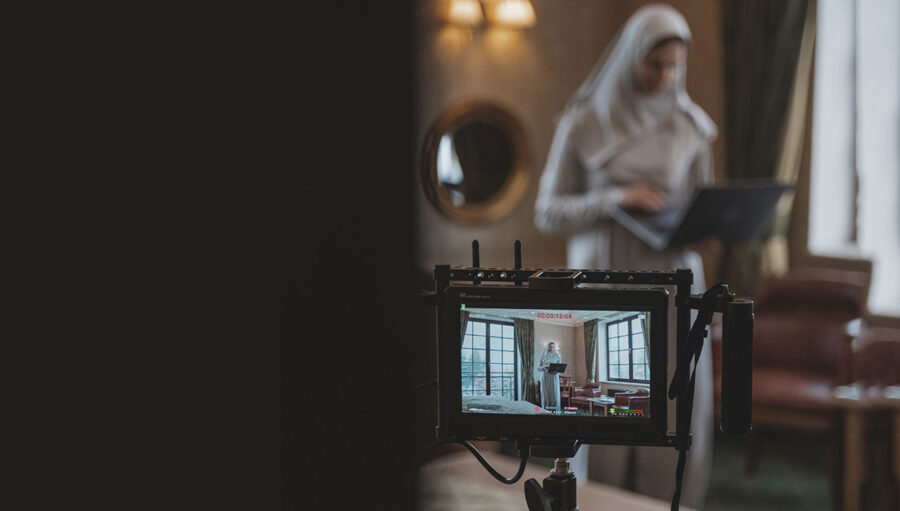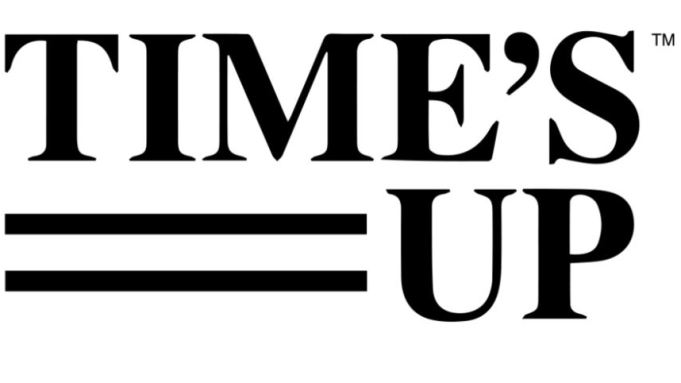Although the Taliban administration issued a formal order in Kandahar against radio stations playing music and airing female voices in the province last week, most radio stations in Afghanistan needed no official word to silence popular music in their organisations, Reuters reported.
Immediately after the extremist Islamist military organisation Taliban’s takeover in the country, the radio stations replaced their usual Hindi and Persian pop and call-in shows with sombre patriotic music.
“It’s not that the Taliban ordered us to change anything, we have altered the programming for now as we don’t want Taliban to force us to close down,” said Khalid Sediqqi, a producer at a private radio station in the central city of Ghazni.
He further added, “Also no one in this country is in the mood for entertainment, we are all in a state of shock. I am not even sure if anyone is tuning to radio anymore.”
As per the Reuters report, a local journalist in Laghman province near Kabul, Zarifullah Sahel, said the head of the Taliban’s local cultural commission told the state-run public radio and six other private stations to adjust their programming ensuring it was in line with Sharia law (Islam’s legal system).
With the United States withdrawing its forces from the country earlier this year, the Taliban swept into Afghanistan as the country’s government collapsed and its president Ashraf Ghani fled the country on August 15. As this situation sparked chaos, fear and panic across the country, media, women- especially working women of the country- were expected to be among the worst affected.
Earlier, when the Taliban ruled the country in 1996-2001, it had implemented its interpretation of Sharia law and had made the lives of the women miserable. Some of the rules it imposed against women included women not going out without being accompanied by a male relative and having to wear the burqa at all times in public. The administration also prevented them from getting access to education, having jobs and access to healthcare. They had also banned media activities, paintings, films, photography and music.
Previously in 2016, even under the presidential rule of Ghani, following receipt of a verbal order from the provincial office of information and culture, airing female singers’ songs were banned in the province, officials from a number of media outlets in Kandahar had told TOLO News.

Photo Source: ninara from Helsinki, Finland Licensed Under CCA 2.0 Generic
Though this time Taliban said it had come with a new government with less extremism this time promising freedom for women and safety for government workers, reports of music ban, journalists being harassed and women being stopped from working or entering newsrooms have been circulating.
According to a report by BBC last week, the Afghanistan National Institute of Music (ANIM), which was also home to Zohra, Afghanistan’s first all-female orchestra, had closed down due to the fears for its students and staff.
Recommended
On August 18, a news anchor at Afghanistan’s national news channel RTA, Shabnam Khan Dawran released a video where she said that despite wearing hijab and carrying a valid ID card, the Taliban stopped her from entering the newsroom and said “The regime has changed. You are not allowed in here. Go home”.
Beheshta Arghand, a news anchor for TOLO News, who had interviewed the Taliban just days after they took over Afghanistan, fled the country two weeks later amid fears for her life.
While news rooms no longer have too many women on screen, the radio sets do not play upbeat music anymore.



